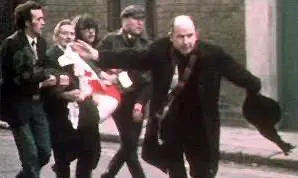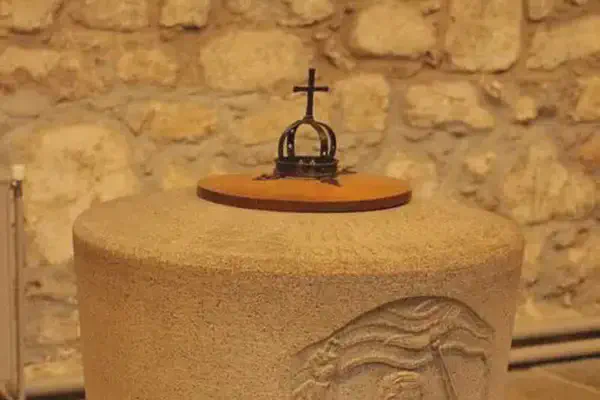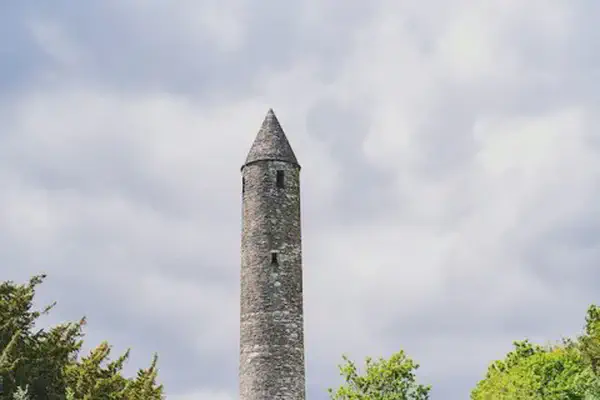On January 30, 1972 in Celtic History
Bloody sunday, derry city, north ireland

Bloody Sunday," actually occurred on January 30, 1972, It took place in Derry (also known as Londonderry) in Northern Ireland and is one of the most notorious incidents in the Northern Irish conflict known as “The Troubles.”
Background
The Troubles was a period of conflict in Northern Ireland that lasted from the late 1960s until the Good Friday Agreement of 1998. It was marked by violent clashes involving paramilitary groups, the British Army, and the Royal Ulster Constabulary (RUC), focusing mainly on the constitutional status of Northern Ireland and the relationship between the mainly-Protestant Unionist and mainly-Catholic Nationalist communities.
Civil Rights March
Bloody Sunday occurred during a peaceful civil rights march in Derry. The march was part of a broader campaign against internment without trial and for civil rights for the Catholic/Nationalist minority in Northern Ireland. Internment was introduced in 1971 and involved the arrest and detention of people suspected of involvement with the Irish Republican Army (IRA) without due process.
The Shooting
British soldiers from the 1st Battalion of the Parachute Regiment opened fire on the unarmed protesters. Thirteen men and boys were killed outright, and another man died four months later from his injuries. Many others were wounded.
Immediate Aftermath
The incident caused shock and outrage both in Northern Ireland and internationally. It significantly escalated the conflict, leading to increased support for the IRA and a further erosion of trust between the Catholic community and the British state.
Inquiries and Investigations
The initial inquiry into the event, conducted by Lord Widgery shortly after the incident, largely cleared the soldiers and British authorities of blame. This report was widely criticized and seen as a whitewash. Decades later, the Saville Inquiry, established in 1998 and reporting in 2010, concluded that the victims were innocent and posed no threat, and that the killings were unjustified and unjustifiable. Following the Saville Inquiry, British Prime Minister David Cameron issued a formal apology on behalf of the British government.
Bloody Sunday remains a deeply significant event in the history of Northern Ireland, symbolizing the injustices suffered by the Nationalist community during The Troubles and contributing to the sectarian divide. It is commemorated annually in Derry and continues to be a point of historical and political importance.
Related Content

Shane Patrick Lysaght MacGowan, lead singer of the Pogues, died

St Machar Day, patron saint of Aberdeen

Oíche Shamhna - Cetlic New Year Eve (Halloween)

ALBAN ELFED (Welsh Bardic name for autumn equinox)

Feast day of St. James

John Davie Burgess, King of the Highland Pipers, died at age 71.